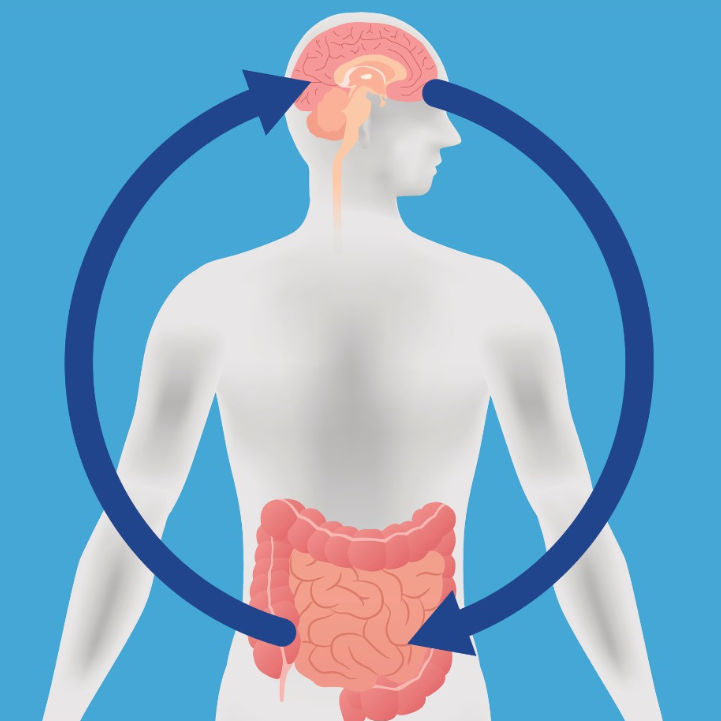LINGGUO SYNAPZ
Neurofeedback Therapy
Heal your Gut to Improve Autism Treatment
Heal your Gut to Improve Autism Treatment
- Research Spotlight
A Review of Arizona State University's article "Managing the microbiome raises new hope for autism treatment" (Nov, 13, 2020)

There's encouraging hope for the treatment of autism.
Researchers from Arizona State University (ASU) explore the potential link between the gut microbiome and autism spectrum disorders (ASD). They find that as we understand and manipulate the gut microbiome, we can develop novel therapeutic approaches to address ASD symptoms and improve the quality of life for people with autism.
7 Ways the Gut affects Autism
The exact mechanisms through which the gut microbiome impacts autism are not fully understood, but there are several theories and findings that suggest a potential link.
Here are some ways in which the gut microbiome may influence autism:
1. Gut-Brain Axis Communication:
The gut and the brain communicate through a bidirectional pathway known as the gut-brain axis. The gut microbiome plays a crucial role in this communication by producing various neuroactive compounds and neurotransmitters that can affect brain function and behavior. Imbalances in the gut microbiome may disrupt this communication and contribute to ASD symptoms.
2. Inflammation and Immune Function:
A dysregulated gut microbiome can lead to increased inflammation and altered immune responses. Chronic inflammation in the gut may trigger systemic inflammation, which has been linked to changes in brain development and function. Inflammation-related factors may contribute to the development or exacerbation of autism.
3. Metabolite Production:
Gut microbes metabolize dietary compounds and produce metabolites that can influence various physiological processes. Some of these metabolites have been associated with neurological development and function. Alterations in metabolite production by gut bacteria might play a role in autism pathogenesis.
4. Gastrointestinal Symptoms:
Many individuals with autism experience gastrointestinal (GI) symptoms, such as irritable bowel syndrome (IBS) or inflammatory bowel disease (IBD). These GI issues could be linked to an imbalance in the gut microbiome. Furthermore, some studies suggest that improving gut health through diet or probiotics might lead to an improvement in ASD-related behaviors.
5. Neurotransmitter Production:
Gut bacteria can also impact the synthesis and metabolism of neurotransmitters like serotonin, dopamine, and gamma-aminobutyric acid (GABA), which play essential roles in mood regulation and behavior. Altered levels of these neurotransmitters have been associated with autism.
6. Genetic and Environmental Interactions:
Both genetic and environmental factors contribute to the development of autism. It's possible that interactions between an individual's genetic predisposition and their gut microbiome composition could influence the risk or severity of autism.
7. Antibiotic Use:
Early-life antibiotic exposure can disrupt the gut microbiome, especially during critical developmental periods. Some studies suggest a correlation between antibiotic use in infancy and an increased risk of autism.
It's important to note that the gut microbiome's impact on autism is likely to be complex and influenced by various individual factors. Further research is needed to better understand these relationships and develop potential therapeutic interventions targeting the gut microbiome to help individuals with autism.
Read the full article here: https://news.asu.edu/20201113-managing-microbiome-raises-new-hope-autism-treatment
Neurofeedback Blog

Lingguo Synapz
Phone: 91069556
Email: lingguosynapz@gmail.com
#02-33, KAP Mall
9 King Albert Park
Singapore 598332